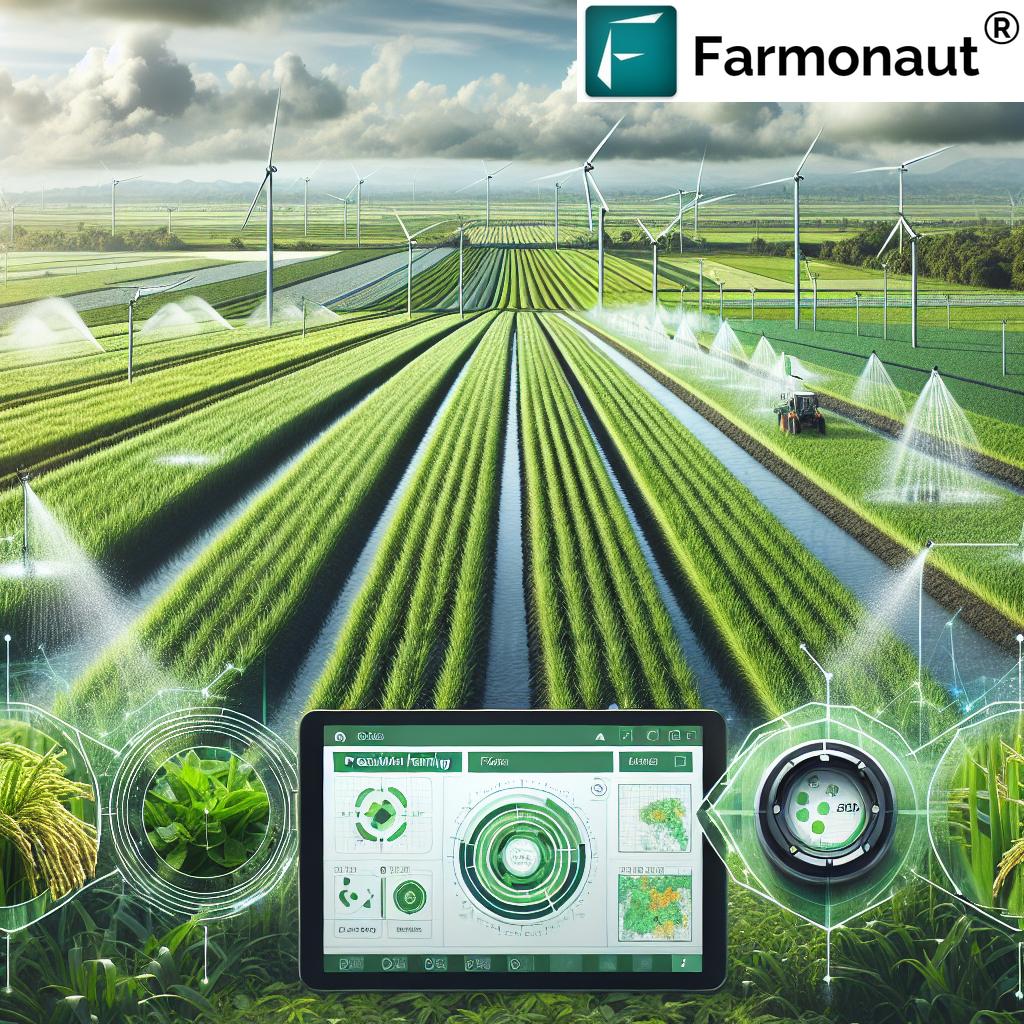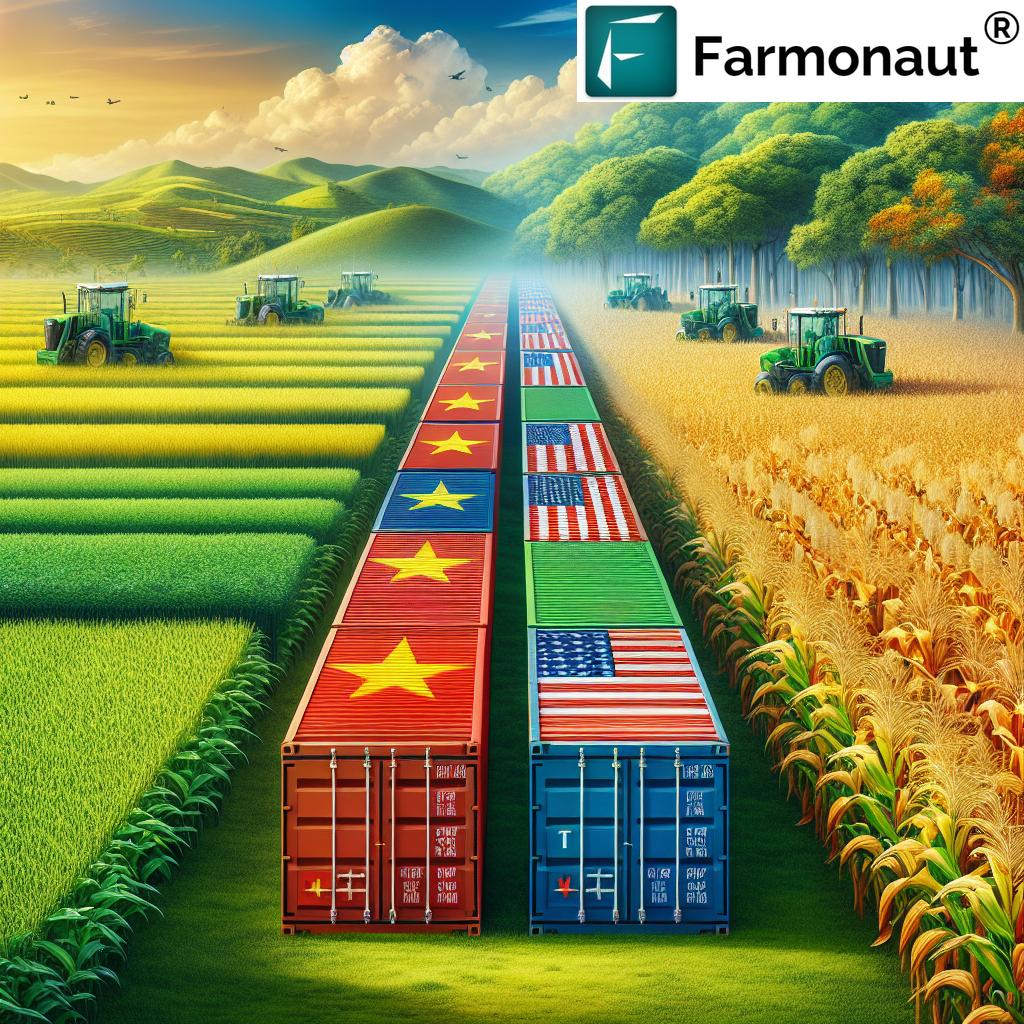Agricultural Tractor Tyres Guide India: 2025 Selection Tips
1. Importance of Tractor Tyres in Indian Agriculture
In 2025, agricultural mechanization remains the cornerstone of Indian farming efficiency and productivity. Among the vital components influencing tractor performance and farm output, the agricultural tractor tyres play a crucial role. This comprehensive guide explores how tyre solutions must be tailored to India’s diverse agro-climatic zones, from the heavy clay soils of Punjab—where wide tyres prevent deep soil compaction—to the red lateritic soils of Chhattisgarh that require durability and minimized wear.
Why are tractor tyres so important?
- Traction: Maximizes grip in muddy fields during monsoons and resists slippage in dry, cracked soils in summer.
- Fuel Efficiency: The right tyres reduce fuel consumption through better energy transfer on farms.
- Soil Health: Proper weight distribution and tread patterns minimize compaction, preserving the soil ecosystem and supporting healthier crop yields.
- Operational Output: Well-matched tyres ensure optimal field efficiency, speed, and productivity.
With India’s agriculture sector responsible for feeding over a billion citizens, implementing advanced tractor tyres stands as a necessity, not a luxury, for modern farms.
2. Types of Agricultural Tractor Tyres: Comprehensive Guide 2025
Selecting the ideal tractor tyres depends on soil conditions, the nature of farming work, and the latest technological advancements. Here we break down the fundamental types:
2.1 Bias Ply Tyres
- Construction: Traditional bias ply tyres are built with multiple layers of fabric cords running diagonally (Usually 30-40° to the direction of travel).
- Known for: Toughness and cost-effectiveness.
- Best for: General-purpose, low-speed field activities in tough terrain or heavy soil conditions.
- Limitations: Limited flexibility, more prone to wear, and can cause higher soil compaction.
2.2 Radial Tyres
- Construction: Radial design places the fabric cords perpendicular to the direction of travel.
- Benefits: Superior traction, longer tread life, reduced soil compaction, and improved fuel efficiency.
- Use Case: Perfect for extended fieldwork in rough terrains and diverse soil conditions.
- Extra Features: Enhanced shock absorption and comfort.
2.3 Ribbed Tyres
- Primarily Used for: Front tractor wheels to ensure effective steering control.
- Design: Deep ribs for optimal stability and directional accuracy.
- Suitable for: Light to medium-duty field and road transit tasks.
2.4 Implement Tyres
- Role: Designed for implements and trailers to support substantial weight.
- Advantages: Durable, offer a smooth operation across different soil types.
2.5 Specialty Tractor Tyres for 2025
- Examples: Self-cleaning, run-flat, puncture-resistant, tubeless, and low-compaction tyres in the latest market offerings.
- Use Cases: Perfect for fields vulnerable to muddy build-up, stone-embedded soils, or continuous road transits.
- Benefits: Reduce downtime, increase productivity, enhance safety, and minimize maintenance practices.
Note: Each type offers unique solutions for Indian farming scenarios. Assessing soil type, workload, and regional weather helps in making an informed decision for optimal tractor performance.
3. Tractor Tyre Types Comparison Table: Performance, Innovations & Suitability
| Tyre Type | Estimated Longevity (hours) | Traction Rating | Fuel Efficiency Improvement (%) | Suitable Soil Types | Advanced Features | Approx. Price Range (INR) |
|---|---|---|---|---|---|---|
| Bias Ply | 2,000 – 3,500 | Good | Baseline | Clay, Sandy, Loamy | Tough, Cost-effective, Multi-layered support | ₹5,000 – ₹18,000 |
| Radial | 4,000 – 7,000 | Superior | 10-15% | Heavy Clay, Alluvial, Black Soil | Shock absorption, Reduced compaction, Longer tread life | ₹9,000 – ₹32,000 |
| Tubeless | 3,000 – 6,000 | Very Good | 8-12% | Wet, Marshy, Light Sandy | Self-sealing, Lower puncture risk, Flexible pressure | ₹8,500 – ₹28,000 |
| Specialty (Low Compaction/ Smart) | 4,500 – 8,000 | Excellent | Up to 18% | Variable – designed per need | Smart pressure sensors, Self-cleaning, Eco-compound | ₹12,000 – ₹45,000+ |
Use this comparison table to align the best tractor tyre types with your specific soil, performance, and budgetary requirements for 2025.
4. Tech Innovations: How Satellite, AI, and Smart Tyre Advancements Affect Indian Agriculture
As agricultural mechanization becomes more sophisticated, Indian farmers now have access to smart, sensor-enabled tyres and satellite-driven insights. Smart tyre technology in 2025 is expected to transform tractor operational efficiency and farm management.
- Sensor-based tractors: Tyres embedded with IoT sensors monitor inflation pressure, temperature, and tread wear in real time—alerting farmers to maintain optimal conditions for better performance and fuel economy.
- Eco-Friendly Tyres: Manufacturing advancements deliver new rubber compounds and tread designs that reduce compaction and support sustainable crop yields—a critical consideration in India’s soil health management.
-
Farmonaut Solution:
We provide AI- and satellite-based crop, soil, and vegetation monitoring via our platform and mobile app, optimizing both input usage and ensuring fields stay productive through better decisions—complementing your smart machinery. With tools like Fleet Management, you can efficiently schedule tractor deployment, avoid overuse, and reduce operational costs.
Tip: Explore our API (Sat API) and developer documentation to automate smart decision-making for your farm, leveraging real-time satellite data.
Future Trends:
- Blockchain-based traceability for validating tyre quality and lifetime claims (Traceability Product).
- Carbon footprint monitoring on tyre usage and field activities, enhancing sustainability goals (Carbon Footprinting).
5. Key Selection Criteria for Indian Farmers: (Agricultural Tractor Tyres Guide India 2025)
Making the best tractor tyre selection involves analyzing several farm-specific factors. Here’s our detailed breakdown for Indian farmers based in 2025 and beyond:
- Soil Type and Conditions: Wide tyres help minimize compaction on heavy clay soils (e.g., Punjab), while medium-width tyres provide enough traction without sinking on sandy or loamy soils.
- Type of Agricultural Task: Choosing tyres with aggressive tread and strong grip for ploughing or tillage; for haulage or road transport, look for load-bearing durability and low wear characteristics.
- Tractor Make/Model Compatibility: Always match tyre size with rim dimensions, ensure safe weight capacity, and check for horsepower compatibility.
- Weather and Seasonal Demand: Robust tread patterns excel in wet monsoon fields; in dry summer, lower ground pressure tyres prevent cracked soils.
- Frequency and Duration of Usage: For rigorous, high-hour usage, invest in radial or specialty tyres that offer better longevity.
- Budget and Availability: Consider local availability of reputable manufacturers for timely spares and support.
Example: A Punjab farmer working on heavy clay soil in monsoons should opt for wider, self-cleaning radial tyres with a deep tread for optimal traction and minimal compaction.
Download our app for real-time field, soil, and crop advisory, powered by the latest satellite technology—perfect for planning tyre selection and farm mechanization routines.
6. Tractor Tyre Maintenance Tips for 2025: Longevity & Performance
Proper maintenance increases tractor tyre life, prevents unexpected breakdowns, and sustains fuel efficiency—all essential for maximizing your farm’s productivity. Here are our key maintenance tips:
- Regular Pressure Checks:
- Monitor and adjust pressure based on field vs. road work (consult your manufacturer’s guidelines).
- Lower pressure increases grip in fields; higher pressure is better for road travel.
- Apps like Farmonaut’s can aid in tracking soil moisture and conditions for smart pressure adjustments.
- Frequent Inspections:
- Look for cracks, bulges, unusual wear, or foreign objects in the treads and sidewalls.
- Address punctures or slow leaks immediately—especially before peak activity seasons.
- Avoid Overloading:
- Never exceed the weight capacity of tyres or implements.
- Use farm equipment fleet monitoring solutions to track load and avoid unnecessary downtime.
- Store Tyres Properly:
- Keep spares in shaded, cool, dry places, protected from UV rays, excessive heat, or standing water.
- Rotate Tyres Periodically:
- Manage even wear by swapping front and rear tyres as required.
- Maintain Clean Tread:
- Remove caked mud, stones, or crop residue from tyre channels after work—especially vital in rice fields or monsoon-affected zones.
7. Leading Tractor Tyre Brands and Availability in India (2025)
Multiple manufacturers now supply agricultural tractor tyres tailored for Indian soils, weather, and crop demands, giving farmers a wide array of options. Top names to consider include:
- MRF: Known for durable bias ply and radial tyres catering to Panjab’s and South Indian soils.
- CEAT: Renowned for innovative tread patterns and tubeless tyres—especially suited for monsoon-affected fields.
- Apollo Vredestein: Offers a strong mix of premium radial and specialty tyres for mechanization—match with high-HP tractors.
- Continental: European R&D meets local needs: smart tyres for reducing soil compaction and maximizing fuel efficiency.
Availability: All these brands serve regional dealers, rural retail stores, and e-commerce platforms. Always ensure authenticity and match your tyre’s manufacture date for the latest rubber technology.
8. FAQ: Agricultural Tractor Tyres Guide India 2025
Q1. Which tractor tyre type is most suitable for heavy clay soils like in Punjab?
A: Wide radial tyres with deep self-cleaning tread are best—they reduce compaction, improve traction, and adapt to muddy conditions.
Q2. How can smart tyre technology help Indian farmers in 2025?
A: Smart tyres use inbuilt sensors to monitor pressure, temperature, and wear. This provides real-time alerts—helping farmers avoid breakdowns, reduce fuel use, and extend tyre life for greater efficiency.
Q3. What steps can prevent soil compaction by tractor tyres during monsoon fieldwork?
A: Choose wider tyres with self-cleaning tread, lower tyre pressure for field work, use radial or low-compaction specialty tyres.
Q4. How often should tractor tyre pressure be checked?
A: At least once a week or every operational shift, and always before moving from field to road use. Adjust seasonally.
Q5. Are there tractor tyres specifically for road transport versus field work?
A: Yes—look for tyres with smoother, durability-focused tread for road use; for fieldwork, use deeper, open-lug treads for traction in soil.
Q6. Does Farmonaut sell tyres or act as a regulatory authority?
A: No, we are a satellite technology company. We provide real-time field, soil, crop, and machinery insights for better decision-making, not a tyre or farm input manufacturer/seller/regulator.
9. Conclusion
The right tractor tyre choice is a vital investment in your farm’s future. As India’s agricultural landscape advances, successfully matching tyre types with local soil conditions, farming activities, and latest technologies means higher yields, better operational efficiency, and sustainable growth.
Stay informed—by harnessing AI, satellite data, and farm operation tools via Farmonaut’s platforms, farmers can plan proactive maintenance, avoid downtime, and optimize every season.
In summary:
- Assess soil, weather, and crop context before selecting tyres.
- Understand the strengths of radial, bias ply, tubeless, and specialty tyres.
- Invest in smart, sensor-based tyres for real-time performance improvements.
- Follow strict maintenance practices to extend tyre life and efficiency.
- Choose reputable brands available locally or via e-commerce for the best warranty and support.
- Leverage satellite and AI-powered farm management tools—available through Farmonaut for crop monitoring, resource management, and operational efficiency.
By considering the insights in this comprehensive agricultural tractor tyres guide india, we empower Indian farmers to drive agriculture into a highly efficient and technology-led future.











